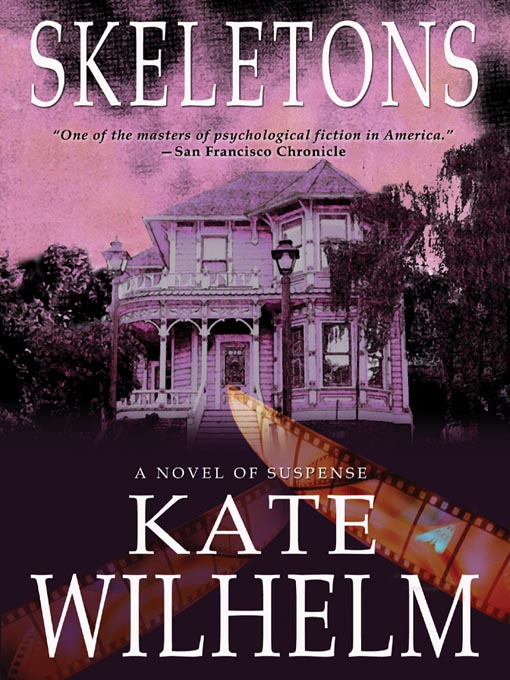Lee Donne has an eidetic memory that maintains a visual representation of everything she has ever seen. Unfortunately, this gift is useless; it certainly didn't help her in college, where she spent four years drifting from major to major with no degree in sight.
Without a job or prospects, Lee is relieved to be house-sitting at her grandfather's isolated Oregon home. But her stay soon becomes a nightmare when she is tormented by strange and menacing noises at night. Determined to track down the haunting sounds, Lee finds their source—a young man who is accidentally killed during the course of her investigation.
The man knew that Lee's grandfather would be away. But what was he looking for? Searching for answers, Lee discovers an envelope full of old photographs—men in white hooded robes, her grandmother, a man hanging from a tree .... Was her family connected to the Ku Klux Klan?

